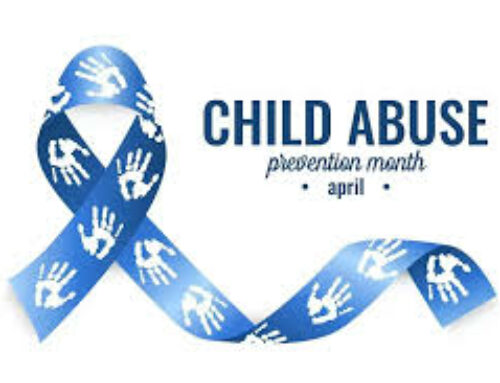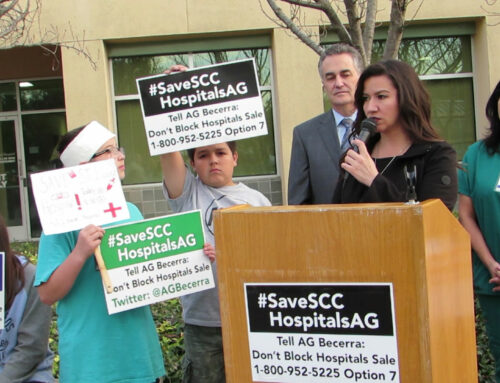Important a child’s first dental visit is a positive experience
Published on Page 13 of the July 10, 2013 issue of Morgan Hill Life
By Dr. Erika E. Gabor
Before taking your child to a pediatric dentist there are a few things to know.
Why should you take your child to a pediatric dentist?
A pediatric dentist, or as most people call us, “the children’s dentist” has an additional two to three years of specialized training after finishing dental school. During these additional years, they learn all the necessary treatment and behavioral techniques that are especially related to the oral health of children from infancy through the teenage years.
Just like you take your child to a pediatrician and not to the family physician, the same should apply to your child’s teeth and oral well being.
What is the best time for the first dental visit?
The first visit is recommended six to eight months after the first primary (baby teeth) presents itself in the oral cavity. Usually during this initial visit the parent holds the child on his/her lap or knee while the dentist makes a cursory examination.
This visual examination and inspection allows the dentist to look for the beginning of early childhood decay (baby bottle tooth decay) and counsel the parent on any obvious problem that may appear to be developing.
It also creates a dental record for the child and parent. During this first visit the dentist examines the child’s gums and soft tissue for disease and any other problems, evaluates the child’s bite for any possible problems and identifies any other potential problems that could arise. The pediatric dentist will show you how to properly clean your child’s gums and teeth at home, and answer any questions or concerns you may have.
What should you do to prepare for your child’s first visit with the pediatric dentist?
It is very important that a child’s first visit with the dentist be a positive experience and the parent can play a big part in setting this tone. The best predictor of a child’s behavior in the dental setting is the parent’s level of anxiety. In most cases, if the parent is anxious, the child will experience some difficulty. Tell your child what to expect during the visit, but don’t go into details.
Answer any question in a simple matter-of-fact way. Let the dentist answer questions about tools, procedures or anything you are unsure of.
Pediatric dentists are trained to explain things to children in non-threatening easy-to-understand terms. Let them. Please don’t tell your child something may be hurtful or painful, or any unpleasant dental experiences you may have had.
Don’t make promises that the dentist can’t keep. Stress to your child how important it is to maintain healthy teeth and explain that it is the dentist’s job to help you and your little one reach this goal.
For more information about pediatric dentists, call (408) 778-5437 or visit www.dregabor.com.






